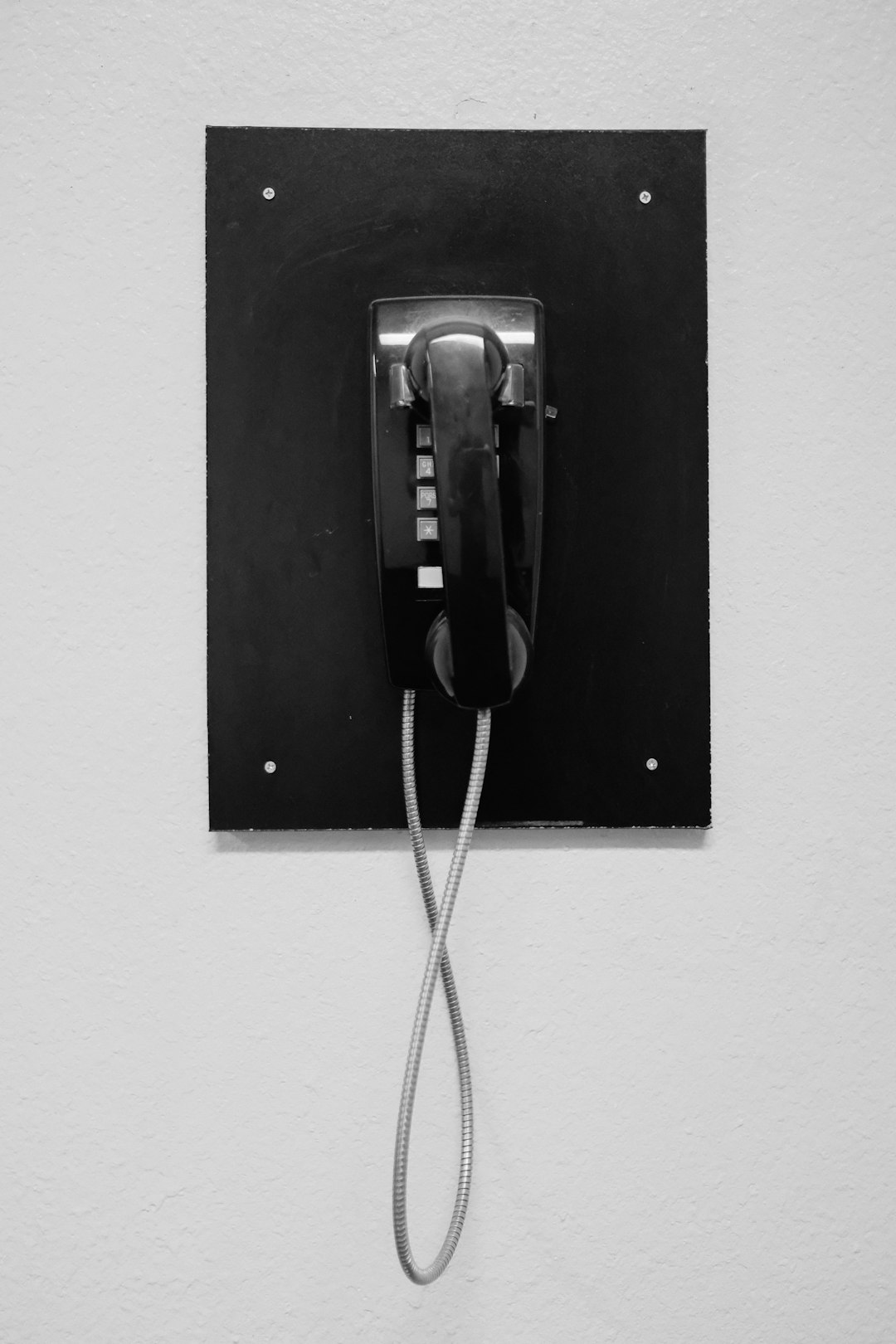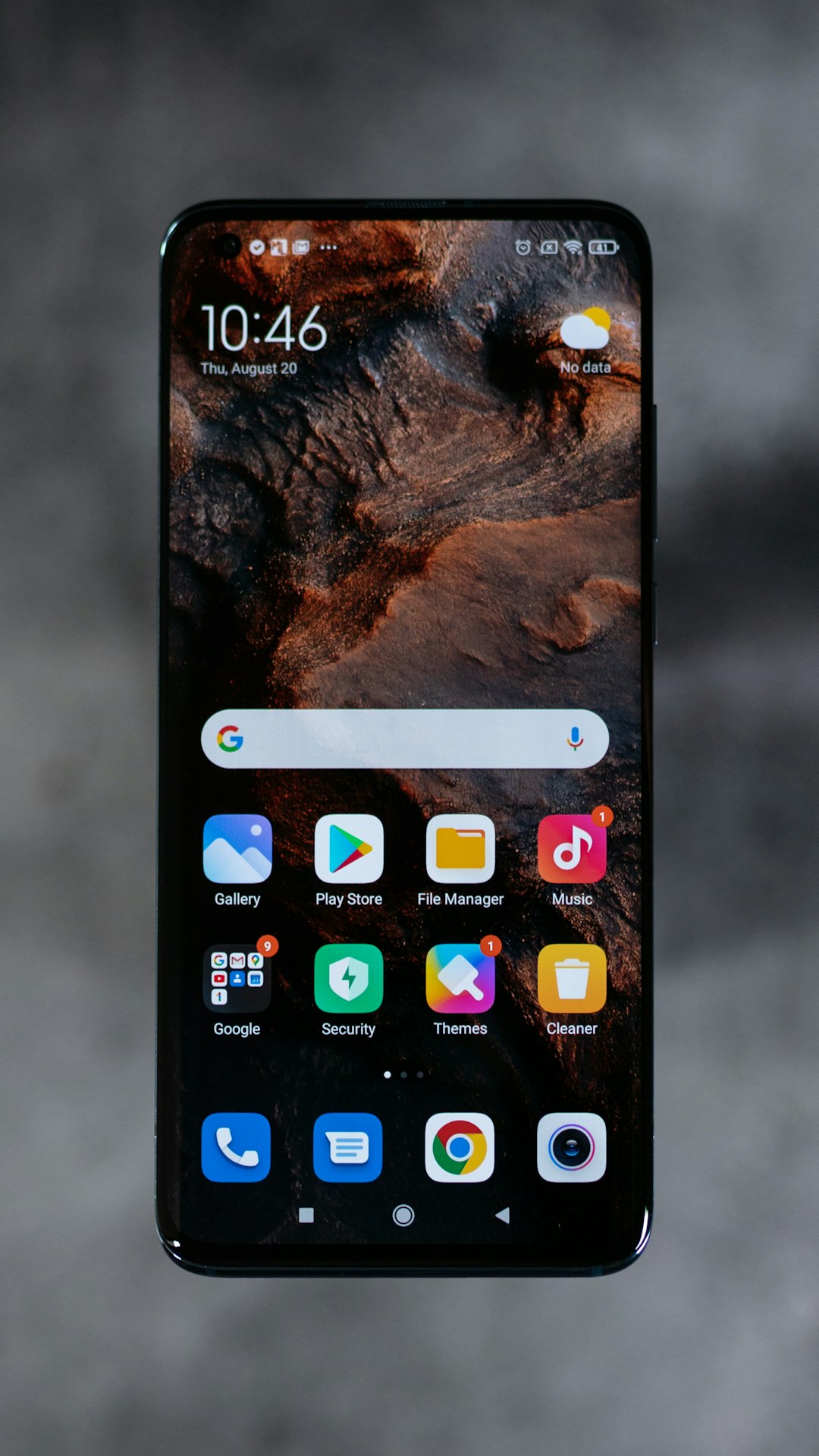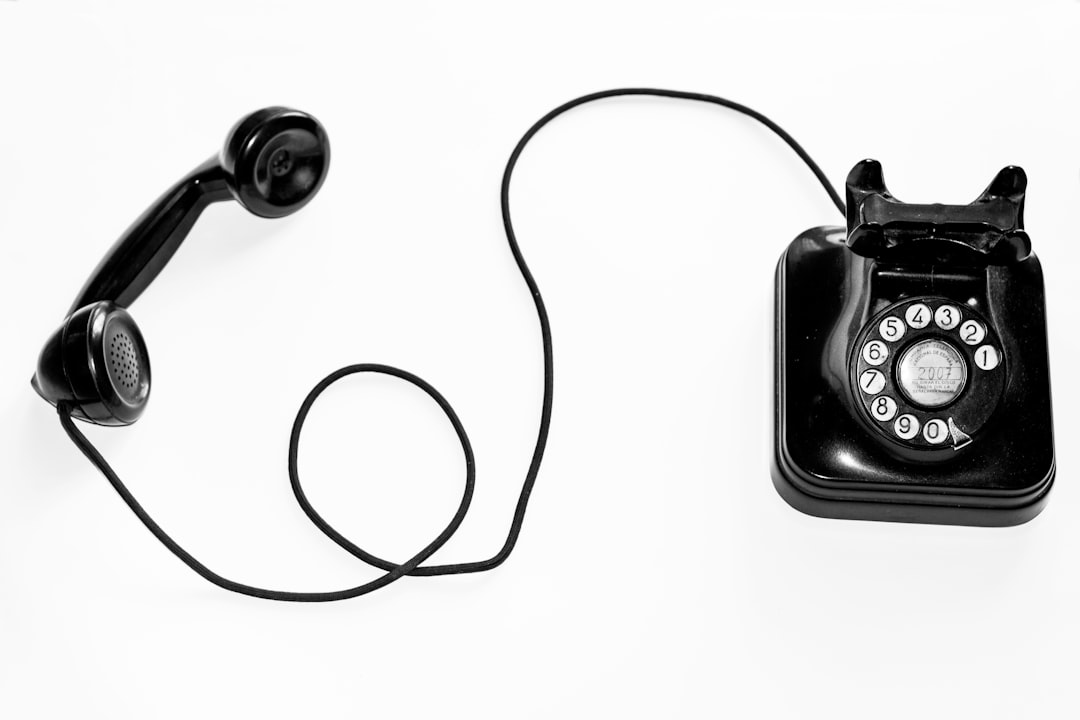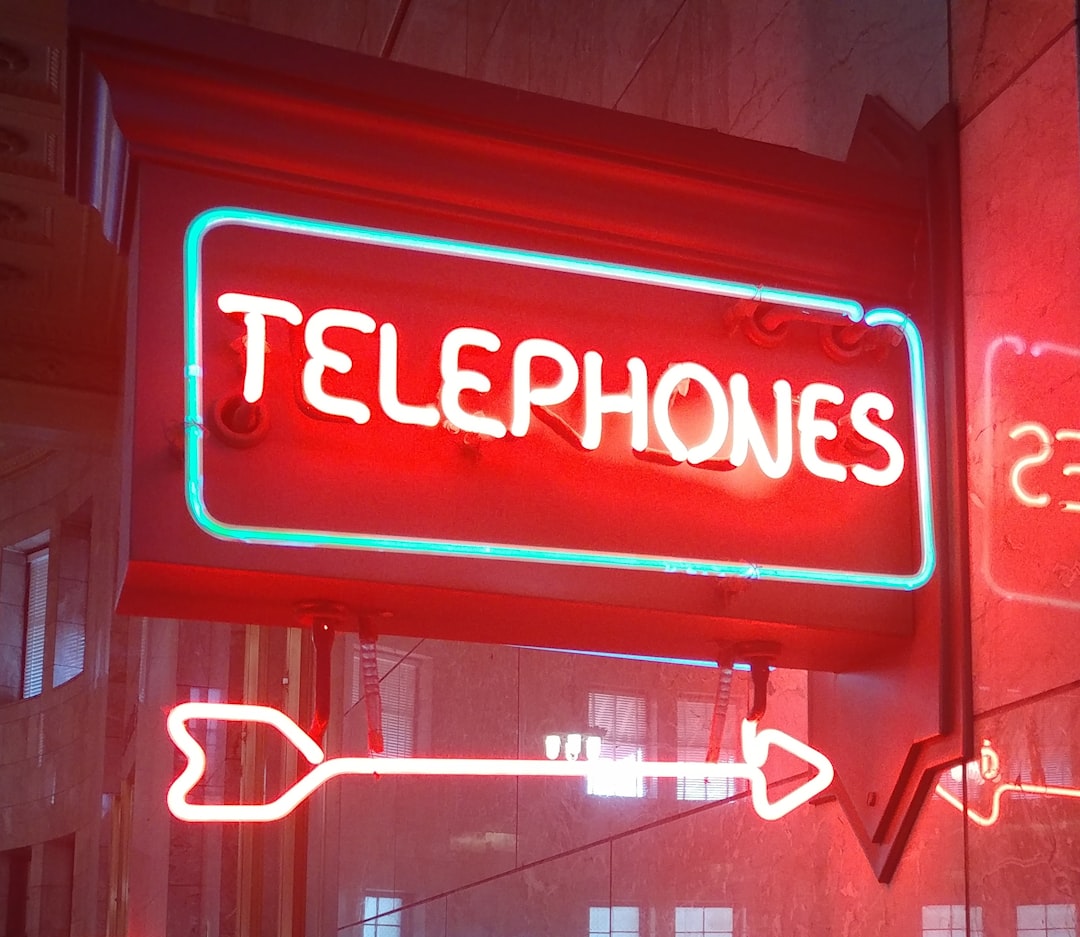In Minnesota, the Do Not Call (DNC) law protects residents from unwanted telemarketing, but scammers exploit loopholes through advanced techniques like auto-dialers, spoofed IDs, and social engineering. Do Not Call lawyers play a crucial role in enforcing these laws, aiding authorities in identifying and prosecuting scammers, and protecting resident rights. Staying informed, verifying caller identities, and reporting suspicious calls are essential to combat these fraudulent activities, with Do Not Call Lawyers Minnesota offering vital assistance.
In Minnesota, Do Not Call laws are designed to protect residents from unwanted telemarketing calls. However, scammers often find creative ways to bypass these regulations, leaving Minnesotans vulnerable to fraud. This article delves into the intricate world of scamming tactics, exploring common methods used by fraudsters to evade law enforcement. We also examine the role of telemarketers, legal protections, and the challenges faced by authorities in enforcing these laws. Discover how to protect yourself and stay informed with expert tips on recognizing and reporting scam calls, featuring insights from leading Do Not Call lawyers Minnesota.
Understanding Do Not Call Laws in Minnesota

In Minnesota, like many states, the Do Not Call (DNC) law is designed to protect residents from unwanted telemarketing calls and sales pitches. This legislation restricts businesses from making telephone solicitations to individuals who have registered their numbers on the state’s official DNC list. The list allows citizens to exercise control over their privacy by preventing specific types of calls, including political campaigns and non-profit organizations. Minnesota residents can register their phone numbers online or through the mail, ensuring they receive fewer unsolicited calls.
However, despite these protections, scammers often find ways to evade the law. They use sophisticated techniques, including falsifying caller ID information, targeting numbers just before or after registration, or employing automated dialing systems that make it challenging for DNC laws to be enforced effectively. To combat this, Minnesota residents should stay informed about their rights and consider consulting Do Not Call Lawyers in Minnesota if they suspect fraudulent activities or continue to receive unwanted calls despite being on the state’s DNC list.
Common Methods Scammers Use to Evade Regulations

Scammers in Minnesota often employ sophisticated strategies to bypass the state’s strict Do Not Call laws, targeting unsuspecting residents with relentless telemarketing. One common tactic is the use of auto-dialers, which can make thousands of calls per day, making it difficult for individuals to register complaints effectively. These machines are programmed to call numbers from pre-acquired lists, often obtained through illegal means, ensuring a constant flow of unwanted calls.
Additionally, scammers create fake or spoofed caller IDs, displaying local numbers or even law enforcement agencies’ details to trick recipients into answering. They may also use social engineering techniques, pretending to be from reputable organizations or even Do Not Call lawyers in Minnesota, to gain trust and avoid suspicion. By adapting their tactics and exploiting loopholes, these fraudsters continue to harass residents, emphasizing the need for heightened awareness and robust legal enforcement.
The Role of Telemarketers and Their Legal Protections

In the realm of consumer protection, telemarketers play a significant role, but their practices often raise eyebrows. While many states have implemented Do Not Call laws to safeguard residents from unwanted sales calls, telemarketers are adept at finding loopholes and exploiting legal protections. In Minnesota, where Do Not Call laws are stringent, scammers have devised clever strategies to evade detection.
Telemarketers, or direct marketers as they’re sometimes called, enjoy certain legal rights and safeguards. They are protected by federal and state regulations that govern how they conduct business. For instance, the Telephone Consumer Protection Act (TCPA) provides rules for automated dialing systems and prerecorded messages. However, these laws also outline strict do-not-call provisions, allowing consumers to opt-out of receiving sales calls. Minnesota’s Do Not Call lawyers play a crucial role in ensuring these laws are enforced, protecting residents from aggressive telemarketing tactics, and holding scammers accountable for their deceptive practices.
Enforcing the Law: Challenges Faced by Authorities

Enforcing the Do Not Call laws in Minnesota presents unique challenges for authorities. One significant hurdle is the constant evolution of phone scams, which often exploit loopholes and new technologies to bypass existing regulations. Scammers can quickly adapt their tactics, making it difficult for regulators to keep up. For instance, they may use automated dialers or fake caller ID information to avoid detection.
Moreover, with the rise of international scamming networks, tracing and prosecuting these criminals has become increasingly complex. Minnesota’s Do Not Call lawyers play a crucial role in helping authorities combat these issues by providing legal expertise and strategies to enforce the law more effectively. They assist in identifying and prosecuting scammers, ensuring that the rights of residents are protected and that the spirit of the Do Not Call laws is upheld.
Protecting Yourself: Recognizing and Reporting Scam Calls
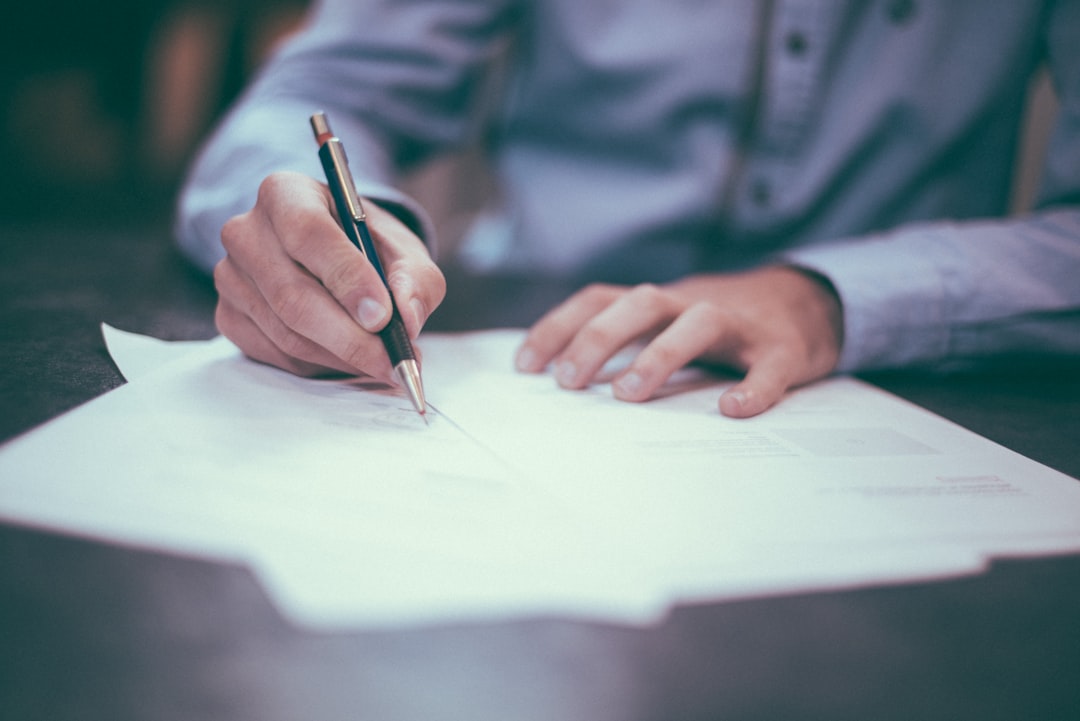
Protecting yourself from scam calls is an essential step in avoiding financial and personal losses. Scammers often target individuals in Minnesota by posing as legitimate organizations or government agencies, using tactics to bypass Do Not Call laws. They may call with urgent requests for personal information or threaten consequences if you don’t respond immediately.
Recognizing these scams is crucial. Be wary of unexpected calls asking for sensitive data, and always verify the identity of the caller through official channels. If a call seems suspicious, report it to local authorities or consumer protection agencies. Do Not Call lawyers in Minnesota play a vital role here by assisting victims and advocating for stricter enforcement against such fraudulent activities.
